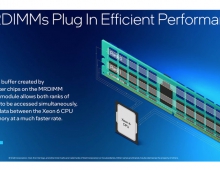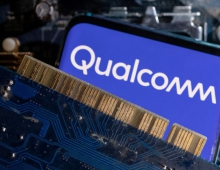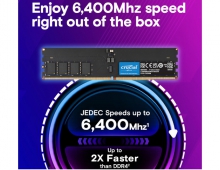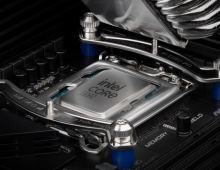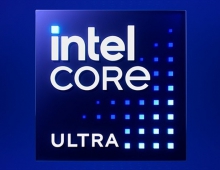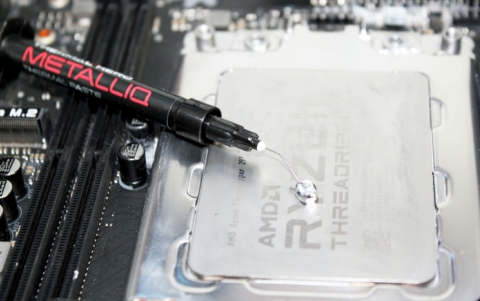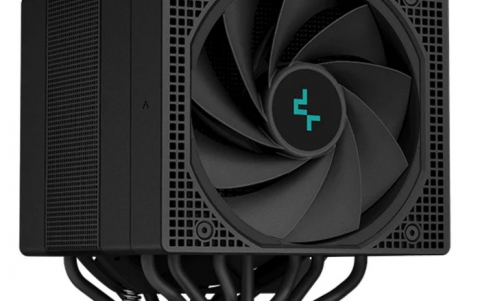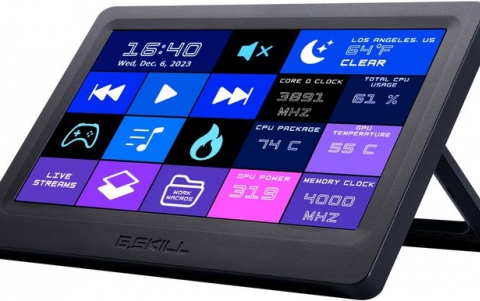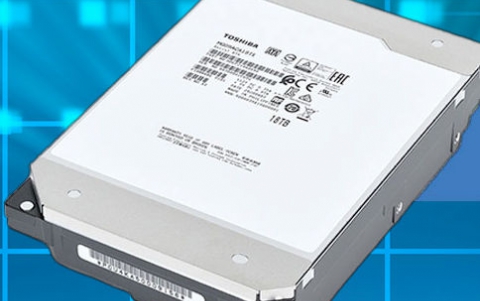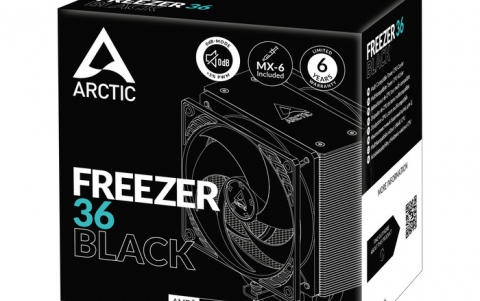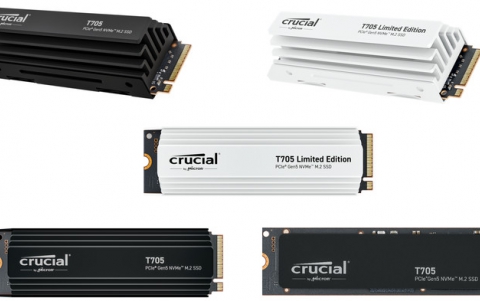
ARM and Intel to Secure Internet of Things
Rival semiconductor giants ARM and Intel are working together to manage networks of connected devices from both firms, with the two companies to use common standards developed by Intel for managing IoT devices, connections and data.
The IoT involves connecting simple chips that detect distance, motion, temperature, pressure and images to be used in an ever wider range of electronics such as lights, parking meters or refrigerators.
"We see a significant acceleration in terms of how the market will grow in terms of the number of managed devices and the volume of data that moves through these systems," said Himagiri Mukkamala, an ARM senior vice president and general manager for its IoT Cloud Services division.
Typically, IoT devices come pre-loaded at the factory with network access credentials, leaving them open to many security vulnerabilities.
By allowing their devices to be managed via a single management platform, ARM and Intel are enabling such tasks to be automated to keep them secure.
ARM's recently introduced Pelion IoT management platform will rely on Intel's Secure Device Onboard (Intel SDO) specifications announced a year ago. This will allow customers using IoT chips based on either company's products to manage them in the same system.
Intel Secure Device Onboard (Intel SDO) is a dedicated onboarding service that provides a dynamic "late binding" approach to provisioning where the device owner's target cloud application and access credentials can be assigned at any point in the supply chain. Arm's Pelion Device Management service automates both device onboarding and provisioning to any cloud application layer and manages devices through their lifecycles. The combination of these two solutions adds more flexibility to Pelion's supply chain enablement and expands device coverage to include Intel Architecture (x86) platforms.
This week, Arm and Intel are demonstrating a prototype of an integrated Pelion-Intel SDO provisioning system at Arm TechCon and IoT Solutions World Congress. This demo shows deployment-time credential assignment for both Arm and Intel Architecture devices. Intel SDO manages device credentials and specifies the application layer, and The Pelion IoT Platform provisions the device, manages it, and connects it with the selected application layer. This integrated demo is true to Arm's 'any device, any cloud' vision for the Pelion IoT Platform.
"The combination of Arm Pelion Device Management and Intel Secure Device Onboard eliminates key IoT scaling barriers by providing platform-agnostic onboarding (any device - Arm-based and x86), cloud-agnostic deployments (any cloud), and improved supply chain efficiency (lower cost and risk)," ARM said.
Over the next few months, Arm and Intel will be working with partners to put this new technology into commercial service.

